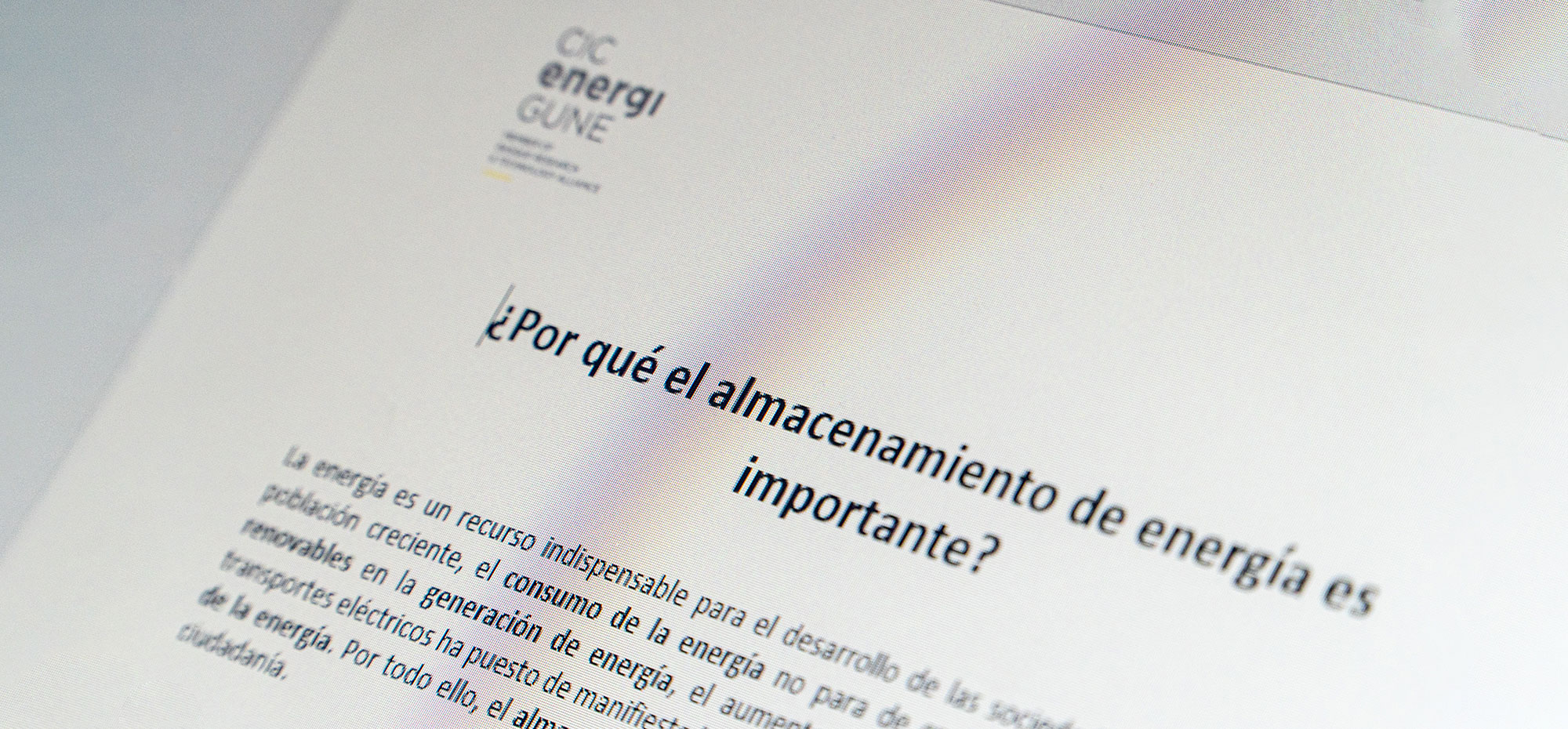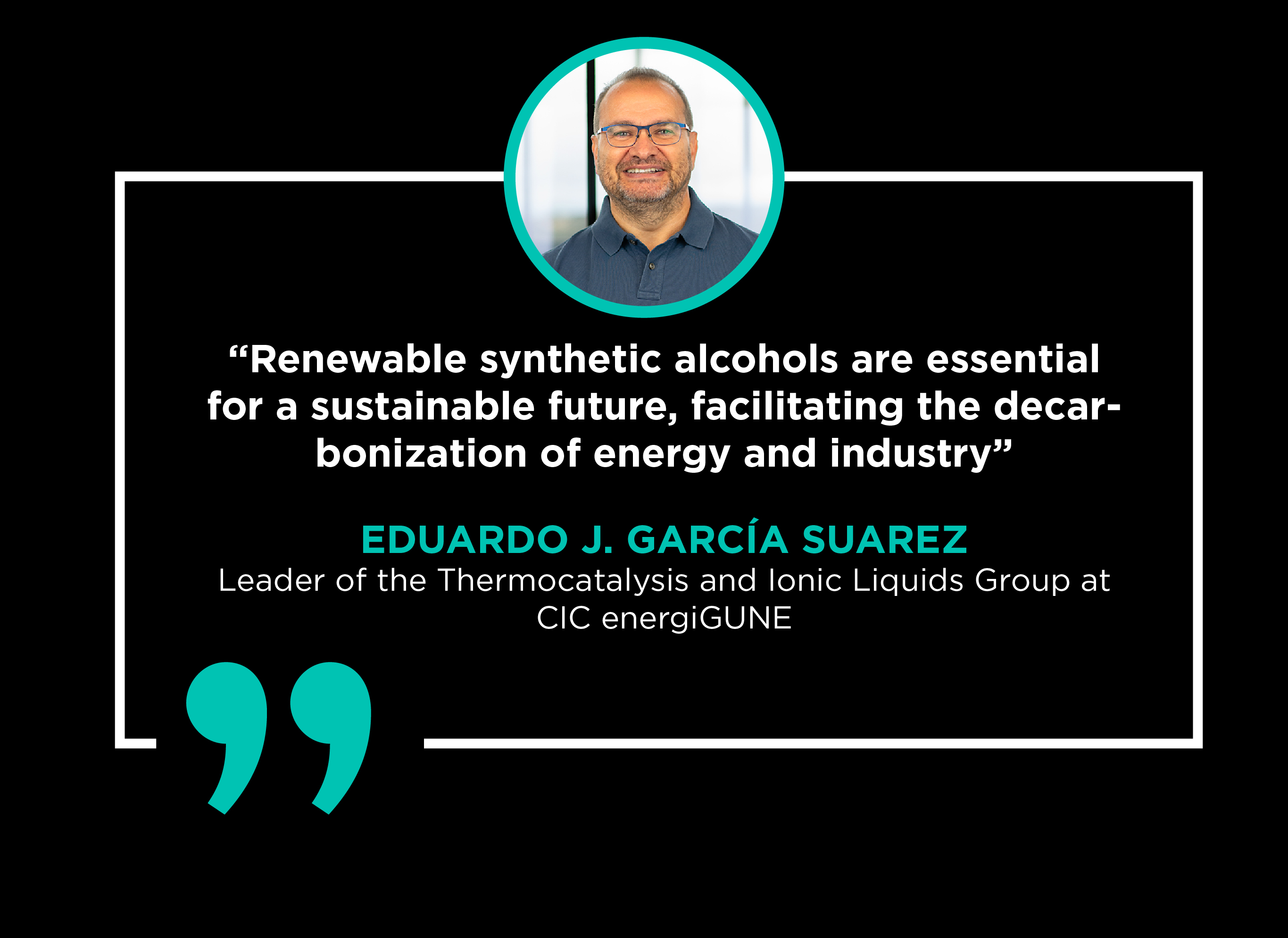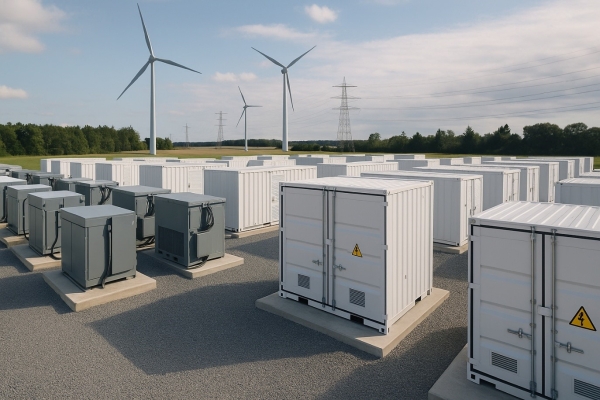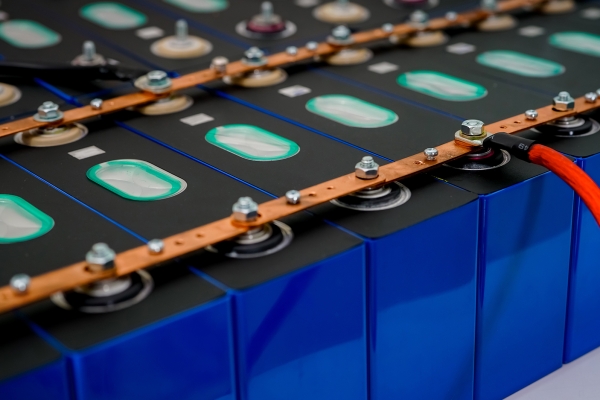-
Which renewable synthetic alcohols look the most promising for the future?
Each of them has specific applications as do their fossil-derived counterparts: methanol is key as a fuel, chemical feedstock and energy carrier; ethanol is used in fuel blends, solvents and chemicals; propanol and butanol are used in solvents and polymers, with butanol standing out for its similarity to gasoline; and long-chain alcohols are essential for advanced fuels in aviation and heavy transport.
Among them, the most promising are currently methanol and ethanol, due to their high versatility and, above all, to the great global demand and their multiple industrial and energy applications.
Methanol stands out for its broad functionality. In addition to being an efficient fuel in internal combustion engines, it is an essential raw material in the synthesis of chemical products such as plastics, resins, adhesives and solvents. Its high energy density and ease of storage and transportation make it a strategic energy vector, suitable for integration into global markets as a solution to decarbonization.
Ethanol also plays a key role in the energy sector, being widely used as a biofuel in blends with gasoline. In the future, its conversion into sustainable fuels for aviation (SAF) and shipping could position it as a direct replacement for fossil fuels in sectors where electrification is complex.
However, the successful deployment of renewable synthetic alcohols currently depends largely on the optimization of their production, economic competitiveness against their fossil equivalents, and the development of adequate infrastructures for their large-scale distribution and utilization.
-
What are the major technological challenges facing these alternatives right now?
Renewable synthetic alcohols face significant technological challenges that limit their competitiveness against their fossil counterparts and hinder their large-scale deployment. Among the main challenges are high production costs, associated with technologies such as carbon dioxide capture (CO₂) and green hydrogen generation, which still require significant investments and efficiency improvements. Likewise, CO₂ reduction with green hydrogen to renewable synthetic alcohols faces difficulties related to CO₂ conversion and, especially, selectivity towards the desired product.
On the other hand, competition with fossil-derived alcohols, favored by subsidies and a consolidated infrastructure, highlights the need for a solid regulatory framework to promote these sustainable alternatives. Overcoming these challenges requires greater investment in technological innovation, the adoption of economies of scale and clear and forceful policies that guarantee the energy transition and promote the sustainability of the planet.
-
As group leader, what new developments and areas of activity are you currently focusing on at CIC energiGUNE in order to continue promoting this alternative?
At CIC energiGUNE, we are deeply committed to the development of advanced technologies for the production of renewable synthetic alcohols, fundamental in the transition towards a carbon neutral economy. Within the Thermal Energy Storage and Conversion (TESC) area, the Thermocatalysis and Ionic Liquids group leads the initial phases of the design of multifunctional catalytic systems, focused on optimizing efficiency and selectivity in the synthesis of renewable synthetic ethanol from CO₂ and green hydrogen.
These catalytic systems are designed to maximize CO₂ conversion and increase selectivity towards specific products through the use of advanced catalytic materials and optimized processes. The strategy is aimed at reducing production costs and improving process performance, while simultaneously ensuring process sustainability. In the medium term, the objective is to develop competitive, viable and scalable technological solutions that can be efficiently integrated into existing industrial infrastructures. The development of these technologies based on the design of multifunctional catalytic systems for the production of renewable synthetic ethanol could play an important role in the strategy to decarbonize the industry.
In addition, CIC energiGUNE carries out an exhaustive analysis of the scalability and life cycle of the technologies developed, in order to ensure that the processes are fully sustainable and that carbon emissions are kept to a minimum. This comprehensive approach combines technological innovation, environmental sustainability and economic viability, ensuring that the proposed solutions are suitable for an efficient and effective energy transition from the laboratory to market implementation.
Together, these initiatives have the potential to position CIC energiGUNE as a global benchmark in the development of sustainable solutions for the energy and industry sectors, contributing significantly to meeting international sustainability and emission reduction targets.








